Wetenschappelijke raad
Het is belangrijk voor de Agricola School om goed ingebed te zijn in de wetenschappelijke gemeenschap. Daarom hebben we een Wetenschappelijke Raad met leden van verschillende faculteiten van de Rijksuniversiteit Groningen. Zij:
-
vormen een adviescommissie voor de verdere ontwikkeling van de Agricola School binnen de RUG. Zij brengen expertise vanuit hun wetenschappelijke vakgebied naar de interne debatten binnen de RUG met het oogmerk om hun vakgebied aan de bredere maatschappelijke vraagstukken onder onze paraplu te verbinden
-
zijn de verbindende schakels tussen ons bureau en hun faculteiten. Zij maken het makkelijker voor ons om eventueel toegang te krijgen tot de juiste informatie en mensen
-
helpen bij het opzetten en uitbreiden van een duurzaam interdisciplinair netwerk (zowel binnen als buiten de RUG)
-
zijn ambassadeurs voor mensen met vragen en ideeën.
Maak kennis met de leden die zeer geïnteresseerd zijn in maatschappelijke vraagstukken en lees waarom ze zo bevlogen zijn om samen aan een duurzame samenleving te werken.
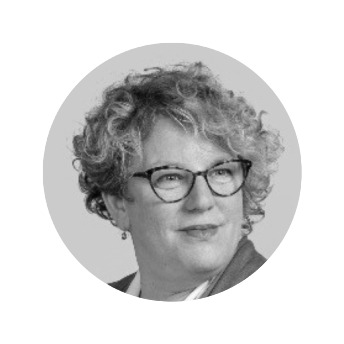
Dr. A.E. Aleid Brouwer
Bijzonder Hoogleraar. Faculteit Ruimtelijke Wetenschappen
Expertise: regionale ontwikkeling, ongelijkheid, welzijn, kwaliteit van leven, doelgericht ondernemerschap. Duurzame ondernemende ecosystemen.
Een duurzame samenleving is een samenleving die klaar is voor de overgangen die voor ons liggen. Een samenleving met gelijke kansen voor iedereen, nu en in de toekomst.
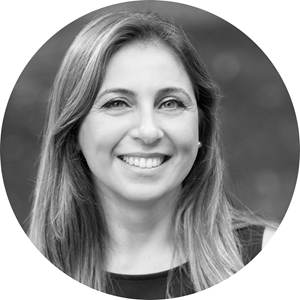
Dr. Basak Bilecen
Expertise: migratiesociologie, relationele sociologie, sociale netwerkanalyse, sociale ongelijkheid, transnationale sociale bescherming, internationalisering van onderwijs
Sociale ongelijkheid vormt voor alle samenlevingen de grootste bedreiging en staat een duurzame toekomst in de weg. Zonder een diepgaand begrip van hoe personen verankerd zijn en wat de inhoud is van hun sociale relaties, kunnen we niet goed bevatten hoe sociale hiërarchieën en ongelijkheid werken. Om daar achter te komen, doe ik onderzoek naar de levenswereld van individuen via een gemengde onderzoeksmethode op meerdere plaatsen.
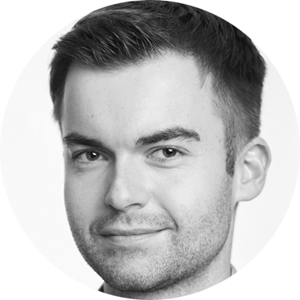
Prof dr. mr. Björn Hoops
Expertise: eigendomsrecht, onteigeningsrecht
De klimaatverandering en de uitputting van natuurlijke bronnen vormen een bedreiging voor de samenhang van onze maatschappij. Ik ben heel enthousiast over het ontwikkelen van rechtsinstrumenten die ertoe bijdragen om onze manier van leven duurzamer te maken.
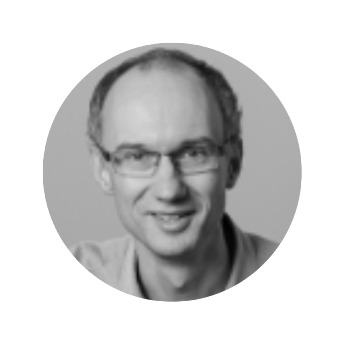
Prof. dr. Boudewijn de Bruin
Faculteit Economie en Bedrijfskunde.
Wat moeten bedrijven doen om de klimaatverandering tegen te gaan? Ik ben geïnteresseerd in het beantwoorden van deze vraag met behulp van methoden uit ethiek, recht, economie en bedrijfsleven, met een focus op de rol en verantwoordelijkheden van duurzame financiering.
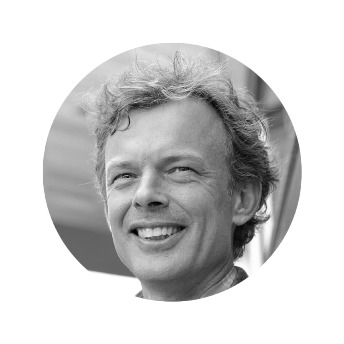
Prof. dr. ir. Christiaan Both
Hoogleraar in de Dierecologie. Faculty of Science and Engineering
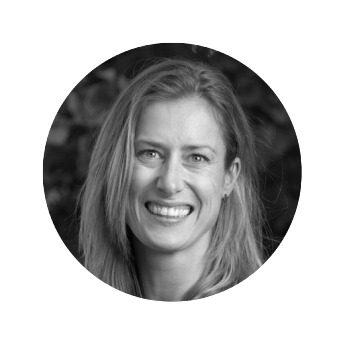
Dr. Ellen van der Werff
Universitair hoofddocent omgevingspsychologie. Faculteit Gedrags- & Maatschappijwetenschappen.
Expertise: Omgevingspsychologie, Milieuvriendelijk gedrag; gedragsverandering
Mijn onderzoek richt zich op factoren die consistent milieuvriendelijk gedrag beïnvloeden en strategieën om milieuvriendelijk gedrag te stimuleren. Ik doe onderzoek naar milieu zelfidentiteit en prikkels om gedrag te veranderen. Ik werk graag samen met onderzoekers uit andere disciplines en met praktijkpartners om mijn onderzoek toe te passen op belangrijke problemen.
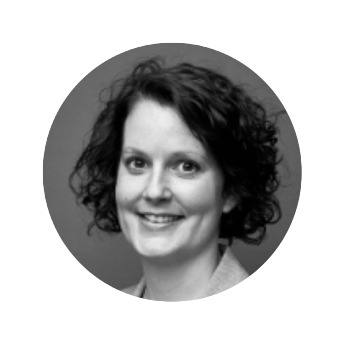
Dr. Emma Folmer
Universitair docent duurzaam ondernemerschap. Campus Fryslân.
In mijn onderzoek richt ik me op de ruimtelijke en institutionele context van ondernemerschap en sociaal ondernemerschap. Momenteel ben ik betrokken bij onderzoeksprojecten over gemeenschapsenergie-initiatieven en duurzaam ondernemersonderwijs. Ik ben specifiek geïnteresseerd in de (contextuele) factoren die bijdragen aan ondernemerssucces op het gebied van duurzaamheid, evenals in de conceptuele verbeelding en meting van de resultaten van inspanningen voor duurzaam ondernemerschap, oftewel positieve impact of positieve maatschappelijke verandering. Ik werk graag samen met sociale en duurzame ondernemingen op het gebied van onderzoek en onderwijs.

Prof. dr. Frank Hindriks
Expertise: ethiek, sociale ontologie en politieke filosofie
In mijn onderzoek naar de collectieve verantwoordelijkheid en duurzame instituties, poog ik te onderscheiden waarom mensen vaak mislukken in het samenwerken of dat niet kunnen doen op een manier die eerlijk is voor iedereen. De drijfveer voor mijn werk is dat ik ervan overtuigd ben dat als we de dingen beter willen maken, we eerst moeten begrijpen waarom ze niet zo goed zijn als ze zouden kunnen zijn. Deze aanpak gebruik ik voor allerlei onderwerpen die variëren van genderdiscriminatie tot maatschappelijk ondernemen en van sociale rechtvaardigheid tot klimaatverandering.
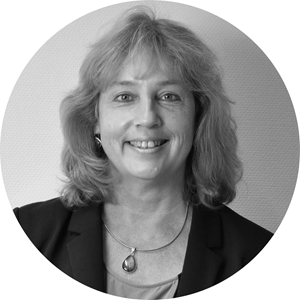
Prof. dr. Ina Horlings
Expertise: sociaal-ruimtelijke planning; duurzaamheid, plaatsspecifieke ontwikkeling, leiderschap, waarden
Het interesseert me hoe mensen samen duurzame plaatsen vormgeven, hoe zij het voortouw erin nemen en waarom. In de context van dringende kwesties zoals klimaatverandering, is een transformatieve verandering noodzakelijk voor hoe we steden bouwen, omgaan met onze hulpbronnen en hoe we voedsel produceren en consumeren. Dit vereist niet alleen een verandering van menselijk gedrag, maar ook van onze waarden en wereldbeelden die ons gedrag sturen. Ik neem deel aan de Agricola School om meer samenwerking te ondersteunen bij het onderzoek en onderwijs van duurzaamheid en zo de impact op de samenleving te vergroten.
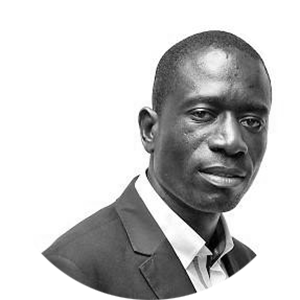
Dr. Joram Tarusarira
Expertise: religie en politiek, oorlog, vredesopbouw en verzoening, gemeenschapsontwikkeling, burgermaatschappij en sociale bewegingen.
Oorlog en geweld bedreigen de duurzaamheid van de wereld. Met mijn onderzoek naar religie, oorlog en vredesopbouw, stel ik het probleem van religieus verwoorde conflicten en geweld aan de orde, met als doel de weg naar duurzame vrede te vinden die niet alleen gekenmerkt wordt door de afwezigheid van geweld, maar ook door de aanwezigheid van sociale rechtvaardigheid.
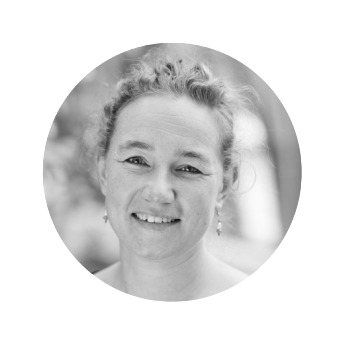
Jorien Zevenberg
Docent Wetenschap & Samenleving en PhD-student Duurzaam natuurbeheer. Faculty of Science and Engineering.
Expertise: natuurbeleid, duurzaamheidstransities, duurzame en natuurinclusieve landbouw.
De aanhoudende achteruitgang van de biodiversiteit vraagt om een nieuwe aanpak van natuurbehoud waarin natuur en landbouw meer geïntegreerd raken. De transitie naar duurzaam natuurbehoud en natuurinclusieve landbouw staat centraal in mijn onderzoek. Ik ben vooral geïnteresseerd in wat er nodig is om deze transitie op te schalen van pilots naar mainstream.
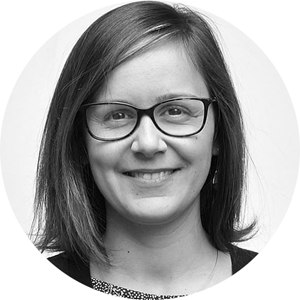
Dr. Julia Martínez - Ariño
Expertise: diversiteit in godsdienst, openbaar beleid, governance, stedelijk religieus erfgoed
Binnen de context van toenemende sociaal-culturele diversificatie, worden religie en de godsdienstige identiteit vaak een bron van sociale onrust en twist. In mijn onderzoek wil ik weten hoe verschillende sociale actoren godsdienstige verschillen vormgeven en beheersen om sociale cohesie te kunnen behouden. Via mijn deelname aan de Agricola School hoop ik bij te kunnen dragen aan beschouwingen over hoe sociaal-culturele diversiteit uitwerkt in de opbouw van een duurzame samenleving.
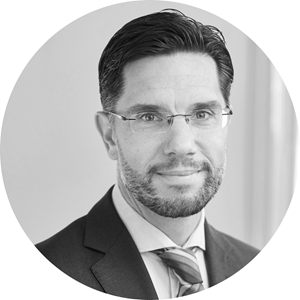
Prof. mr. dr. Kars de Graaf
Expertise: bestuursrecht, milieurecht, duurzaamheidsrecht
Als onderzoeker ben ik gefascineerd door de rol van recht in een samenleving en dan met name welke rol recht speelt of zou moeten spelen in de transitie naar een duurzame samenleving. Mijn onderzoek richt zich op de relevante rechtsinstrumenten waarmee je in publiek recht en milieurecht duurzaamheidsdoelen kan bereiken.
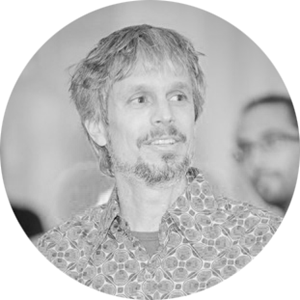
Dr. Marc Pauly
Expertise: ethiek, sociale en politieke filosofie
Ik denk dat om tot een duurzame samenleving te komen, we participerende democratische codes en governance nodig hebben. Ik denk dat als je kijkt hoe je mensen meer bij besluitvorming kunt betrekken dat voor politieke emancipatie kan zorgen, polarisatie tegen kan gaan en naar een betere democratie kan leiden.
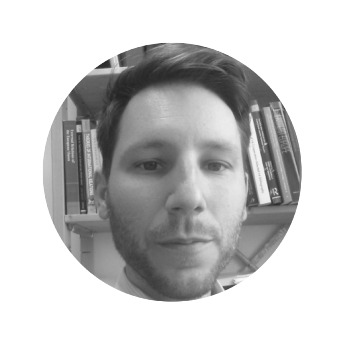
Dr. Marek Neuman
Assistant Professor, Faculteit Letteren
Expertise: Europese Integratie, EU buitenlands beleid, EU-Ruslandrelaties, Midden- en Oost-Europese landen
In mijn onderzoek probeer ik te snappen hoe hoe we de externe en buitenlandse beleidsambities van de Europese Unie kunnen begrijpen. Hierbij ben ik met name geïnteresseerd in de relaties die de EU heeft opgebouwd met de Russische Federatie, Oost-Europa en Centraal-Azië. Hoe kunnen we het proces van het vormgeven van het buitenlands beleid van de EU ontrafelen dat zich afspeelt binnen een complex institutioneel kader zoals dat van de Europese Unie?
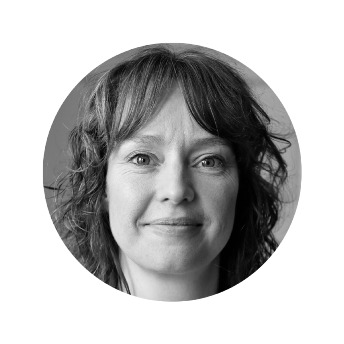
Dr. Rieneke Slager
Universitair Hoofddocent aan de Faculteit Economie en Bedrijfskunde.
Bedrijven spelen een belangrijke rol in de overgang naar duurzaamheid. Mijn onderzoek richt zich op de manieren waarop belanghebbenden, waaronder aandeelhouders, bedrijven kunnen helpen of stimuleren om een actieve rol te spelen bij het aanpakken van duurzaamheidsuitdagingen. Dit omvat de manier waarop metingen, bijvoorbeeld via beoordelingen, en directe dialogen tussen aandeelhouders en bedrijven invloed kunnen hebben op het duurzaamheidsgedrag van bedrijven.
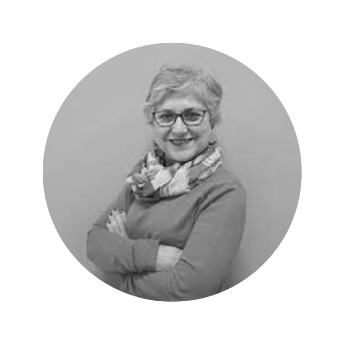
Dr. Sepideh Yousefzadeh Faal Daghati
Associate Professor, Intersectional Wellbeing and Decoloniality, Campus Fryslan
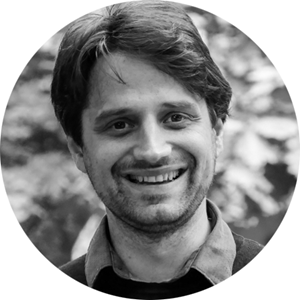
Dr. Simon Friederich
Expertise: wetenschapsfilosofie en wiskunde, sociale kennistheorie, methodieken
De bloei van de mensheid lijkt te staan of vallen bij de toegang tot relatief goedkope energie. Momenteel wordt energie echter vooral geproduceerd met fossiele brandstoffen, maar omdat die bijdragen aan de klimaatverandering vormt dat weer een gevaar voor die bloei. Ik ben vooral nieuwsgierig naar de vraag of we wel of niet aanzienlijk zouden moeten investeren in het verder ontwikkelen en inzetten van kernenergie naast toenemende winning van energie uit bronnen in de omgeving zoals zonne- en windenergie.
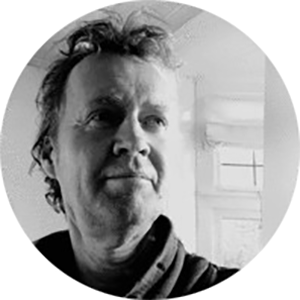
Dr. Wander Jager
Expertise: sociale complexiteit, agent-based simulatie, diffusie van innovatie, opvattingsdynamieken
Natuurwetenschappers vertellen me over de uitdagingen waar we als mensheid mee te maken hebben, zoals het koesteren van biodiversiteit en het aanpassen aan klimaatverandering. Als wetenschapper op het gebied van sociale complexiteit onderzoek ik de dynamieken hoe gemeenschappen zich voorbereiden op bedreigingen van duurzaamheid en hoe ze daarop reageren. Ik ben enthousiast over de Agricola School omdat dit ons platform is waar verschillende wetenschappelijke optieken samen komen en samenwerken aan een duidelijke visie op onze duurzame toekomst.

